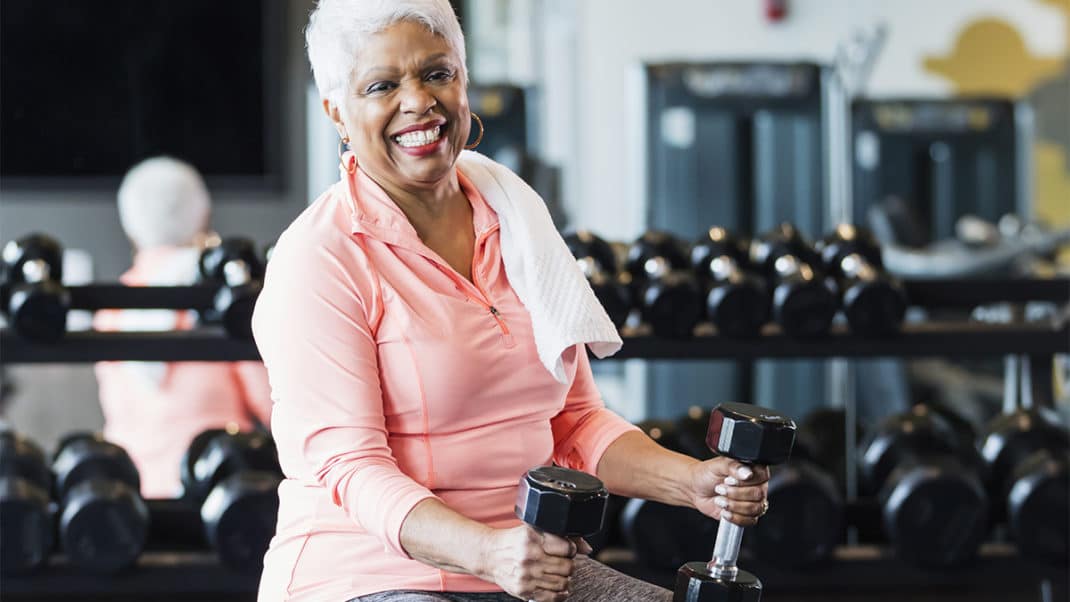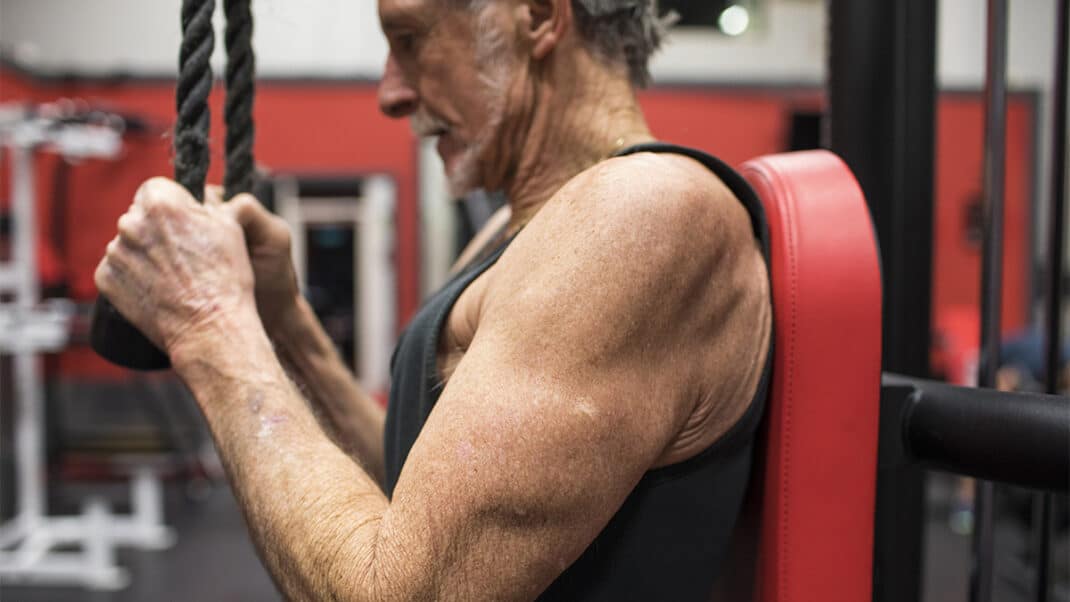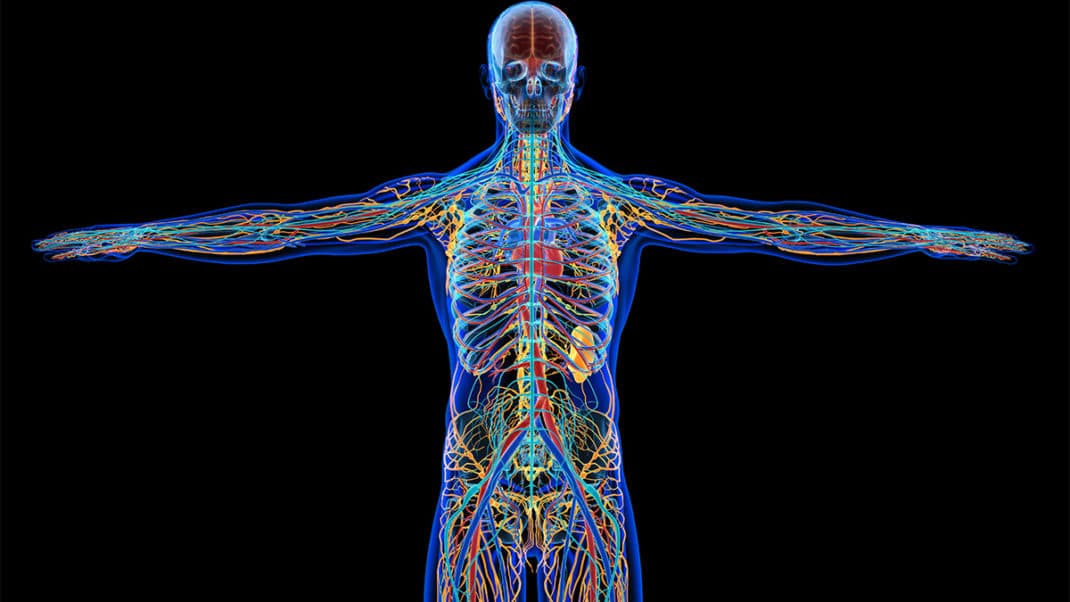Teen FAQs
Everywhere you look—online, on TV and in newspapers and magazines—there’s information about health, nutrition and fitness. What is the real deal, and what is fake? What is safe, and what is risky? How do you lose weight? How can you get buff? Are supplements dangerous? Exercise physiologist Marla Richmond, MS, creator of “Buff ’n’ Stuff,” a book and CD set on teen fitness, gives straight answers to some common questions teens ask.
What Is Metabolism, and
How Can I Speed It Up?
Metabolism is the total amount of energy (or the total number of calories) the body uses for everything it does. Your metabolic rate depends on several factors, including heredity, hormonal balance and body composition. Even when your body is not moving, it uses energy to fuel the basic life processes. This is called your resting metabolic rate (RMR). It is influenced by several factors, one important factor being body composition, or how much muscle you have compared to fat. The higher the proportion of muscle, the higher your RMR is.
When you eat, your body needs energy for the digestion, absorption and transportation of the food. The body can use as much as 10 percent of its calories processing foods. Maintaining body temperature costs energy as well; for example, when you are cold, you shiver. You also produce special hormones that help to speed up your metabolic rate so that you can produce more heat to stay warm.
To “speed up” your metabolism, or use more calories, you can increase the amount of muscle you have by participating in a progressive resistance training program and by increasing your exercise and activity levels in general.
Are Nutritional Supplements Always Bad for You?
The word supplement means something in addition to, or perhaps to make up for, something of which you don’t have enough. Learning to eat a well-balanced diet—
eating a variety of foods—helps eliminate the need for supplements. Dietary supplements do not have to meet U.S. Food and Drug Administration standards. That means you really don’t know how safe, pure or effective supplements are until you try them. Then, if something is wrong, you learn it firsthand.
What Is the Key to
Building Muscle Mass?
The key to building muscle mass depends on heredity, a proper hormonal environment and a solid, progressive resistance training program. Lots of things can help you build muscle mass. You need to follow sound principles; use appropriate resistance and good technique; allow adequate time for recovery; eat a proper diet, which means getting a balance of all essential nutrients; and get adequate rest.
For more information on health and fitness for teens, see www.TeensHealth.org.
Girls between the ages of 11 and 14 need about 47 calories per kilogram (kg) of body weight (1 kg = 2.2 pounds). That means an 80-pound girl at age 12 or 13 needs about 1,700 calories. Girls ages 15 to 18 need about 40 calories per kg of body weight. A 120-pound girl in this age range needs almost 2,200 calories. Calorie requirements change as growth slows. Unfortunately, this is when many girls become less active.
Boys between the ages of 11 and 14 need about 55 calories per kg of body weight and those 15 to 18 need about 45. A 110-pound boy at age 13 needs approximately 2,750 calories. A 140-pound 16-year-old needs close to 2,900 calories.
As you can see, growth is an energy-using process. Growing uses a lot of calories. As growth slows, so does calorie use. Boys need more calories than girls because boys tend to have more muscle mass and less fat than girls. The male hormone testosterone is partially responsible for this difference.





